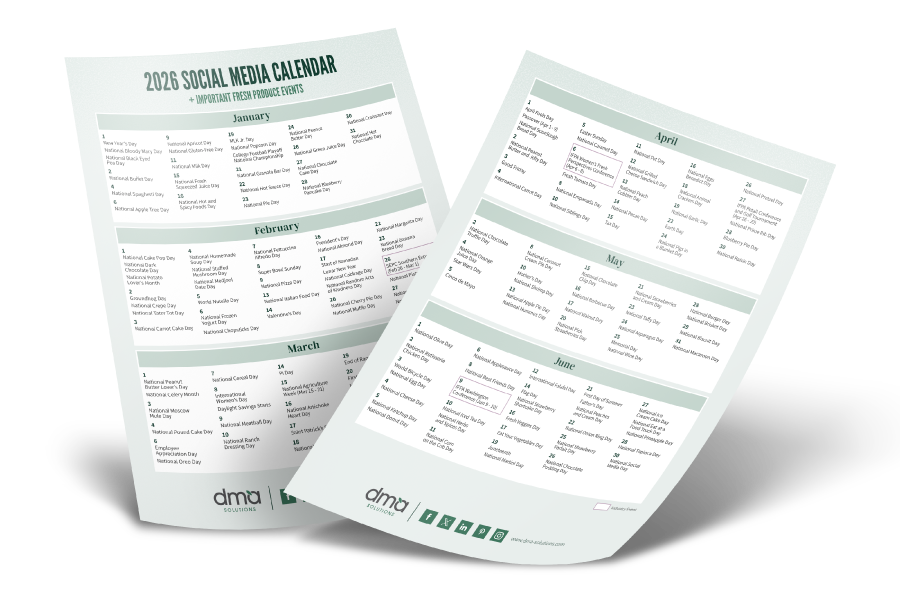Search Engine Optimization, or SEO, plays a key factor in an industry that may not have the dollars to spend on a bigger, more costly campaign. It’s organic and a system that is run on the TLC (tender love and care) of its conductors. The more time and the more attention you put into your website’s SEO, the more you get in return. One of the most important strategies a brand can employ to boost SEO performance is “keywords”. In this post, we’ll take a deeper look at using keywords and how they can improve your SEO effectively.
Here are important questions, answered:
Who benefits from a keyword strategy?
Your audience: buyer, seller, service provider or otherwise. A great way to develop the right keywords is to get in the head of your audience. Consider what they want to hear AND what you need them to know. The answers to these questions should help you formulate a keyword strategy.
Example: Let’s say you want your audience (marketers) to know that you are a marketing company with educational webinars. One way to draw attention is by implementing keywords such as “marketing education”, “webinars”, “learning center”, and “marketing learning center.” Keywords like these will ensure your identity and your messaging are known. To take it a step further, you have to put in the work behind it! You’ll need to research to find out what is most relevant; what is being searched. Garner a base of important keywords and elaborate from there. Remember to include synonyms as well!
What are keywords?
Keywords: are words, and phrases, on your website (blog text, meta descriptions, headlines, titles, website links, etc.) that tell search engines what your content is about. Keywords are how people find you, so the better the word/phrase, the better the searchability.
There are many types of keywords, but the main two that can be easily utilized are: short-tail and long-tail keywords.
- Short-tail: 1-2 word phrases that are used to gather the attention of general audiences. Ex. “Marketing Matters,” our webinar series in which we discuss challenges faced by marketers.
- Long-tail: 3-4+ word phrases that are used to garner the attention of a specific audience. Ex. “DMA Fresh Produce Marketing”
Neither is better than the other. It all depends on your keyword strategy and whose attention you’re trying to grab. However, you don’t have to pick one or the other; you can utilize both! Here is an additional resource to learn more about long-tail and short-tail keywords, plus tips on how you can utilize both to optimize your website!
When should keywords be used?
All of the time! When someone asks a question on a search engine, you want your website to pop-up with the relevant, helpful information as a result of an effective keyword strategy implemented.
Where are keywords used?
Now that you’ve gathered the keywords you’d like to use to elevate your brand, let’s put them to use! There are numerous places to implement your keywords:
- Page Title/ Title Tag
- URL
- Graphics
- Meta keywords
- Page Description/Meta Descriptions
- Photo tags
- Headers and Sub-headers
- Blog text
- Page content
- Link text
- Formatted text
- And more…
Why should I utilize keywords?
According to Internet Live Stats, so far today, there have been over 4 million searches conducted on Google today alone. On average, as reported by SEOTribunal.com, Google manages approximately 3.8 million searches per minute on average across the globe.
Why use keywords as part of your marketing strategy? To be found, is the answer ! Utilize keywords to assist you finding your brand, your website and information or inspiration that they are searching for based on a keyword search.
We’d love to help you analyze your brand’s SEO. Let’s schedule a free consultation to discuss!
{{cta(‘b719c973-8313-4ebb-b21a-65a2b6464100′,’justifycenter’)}}

